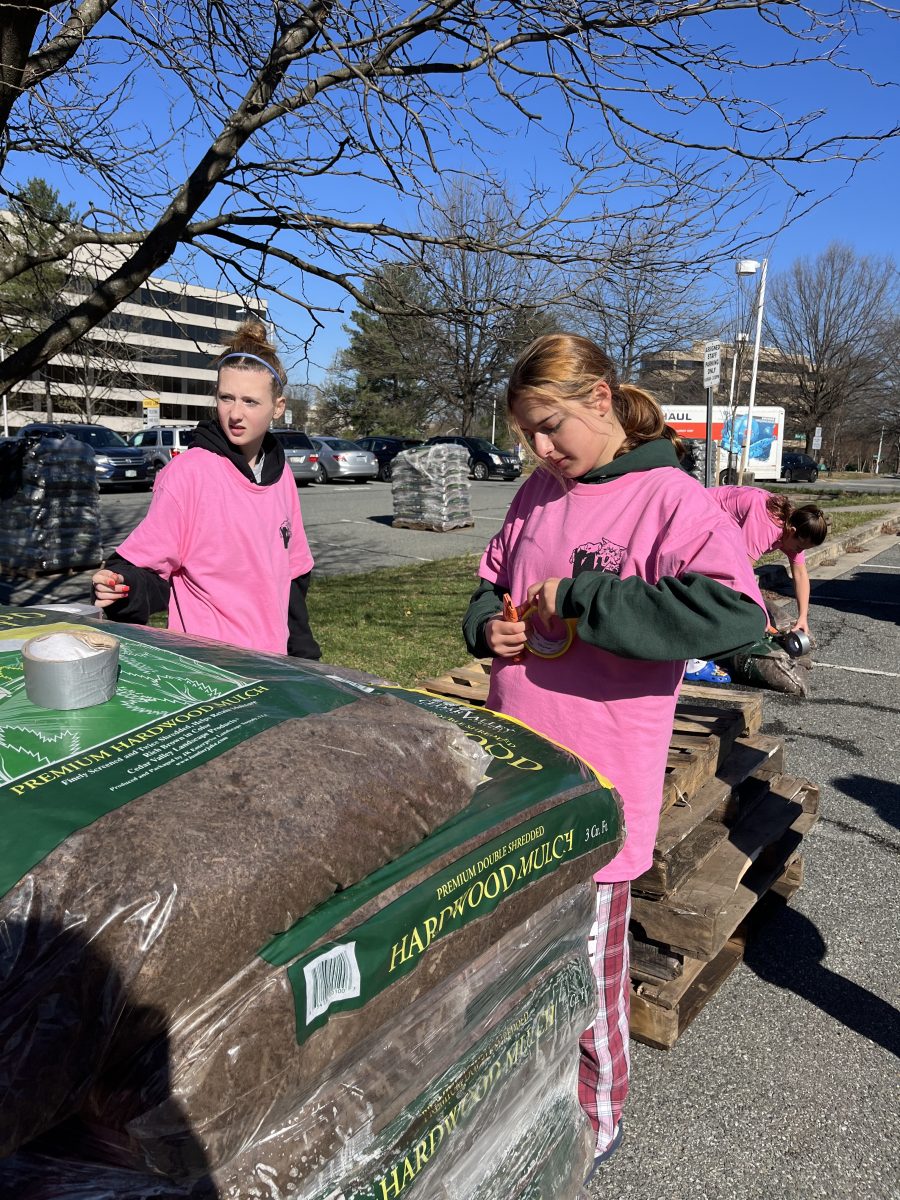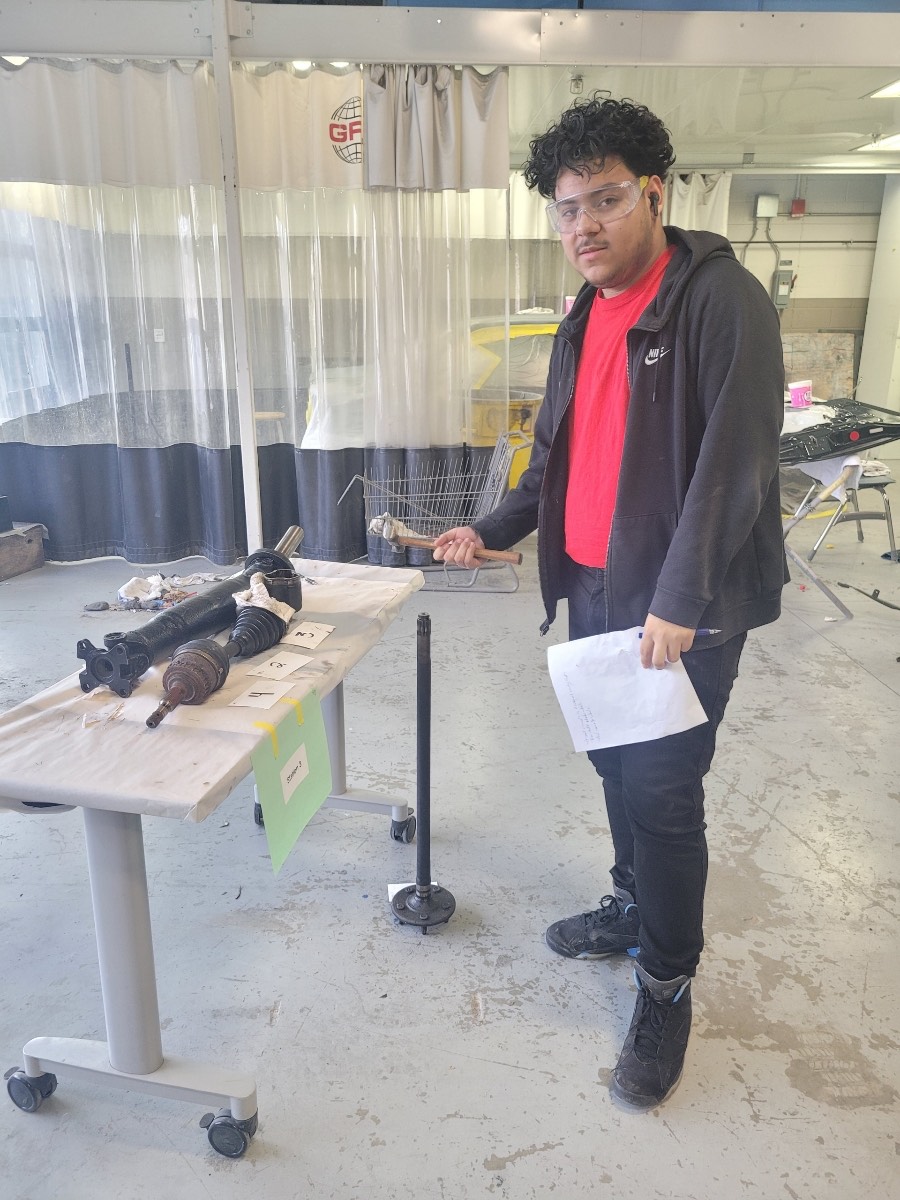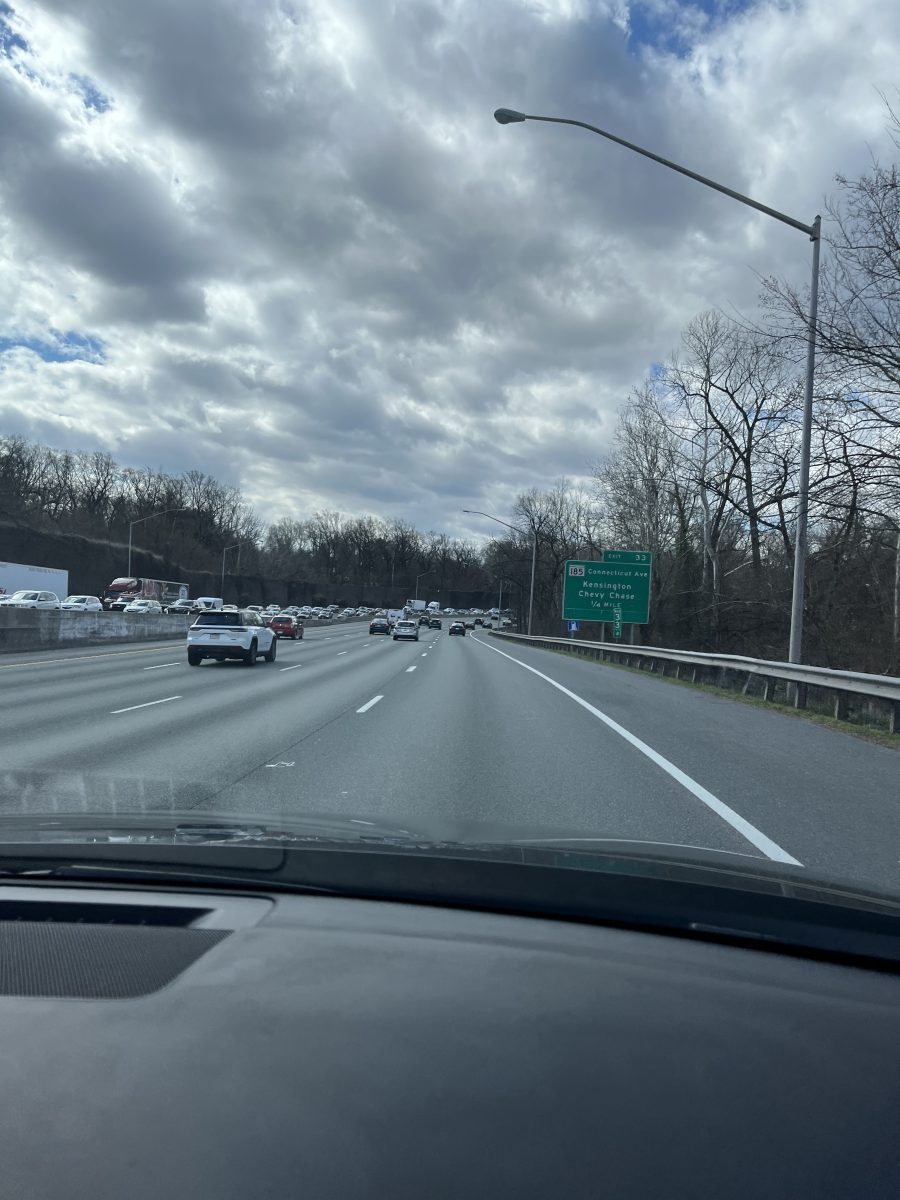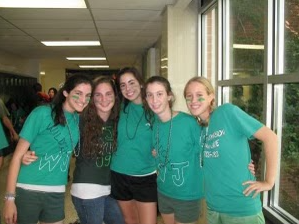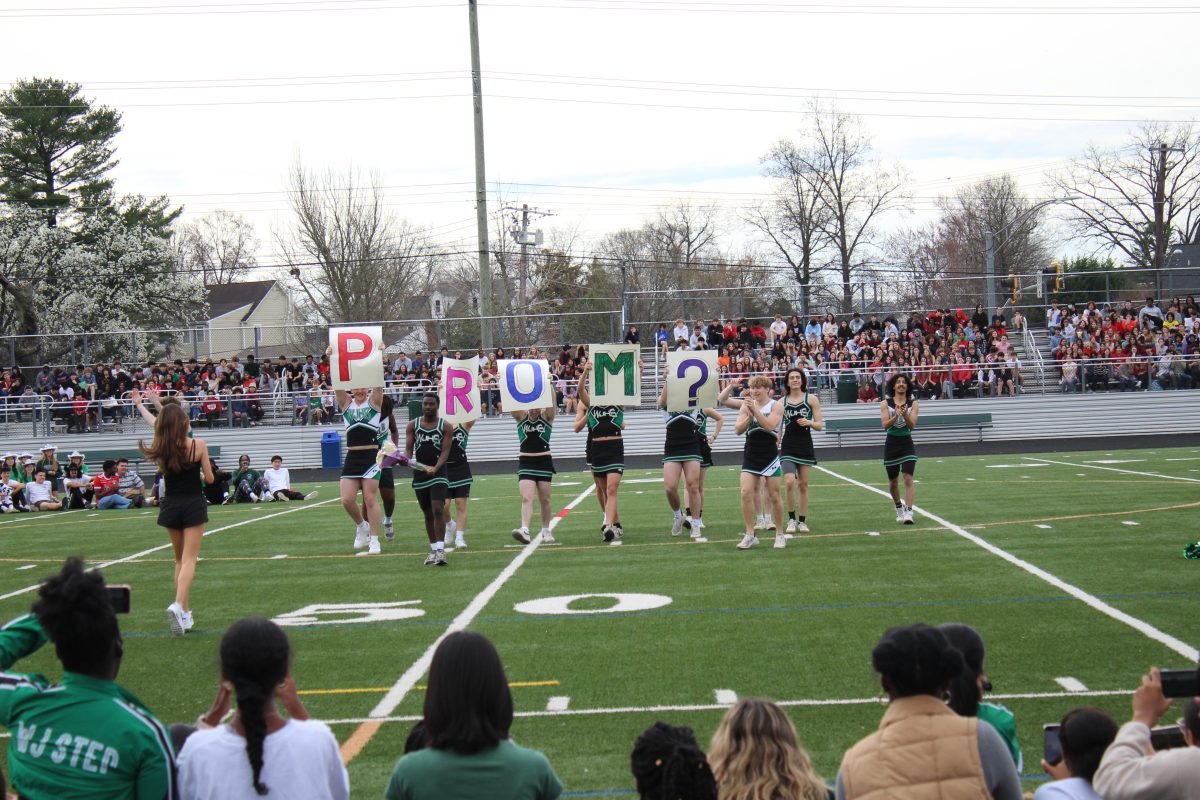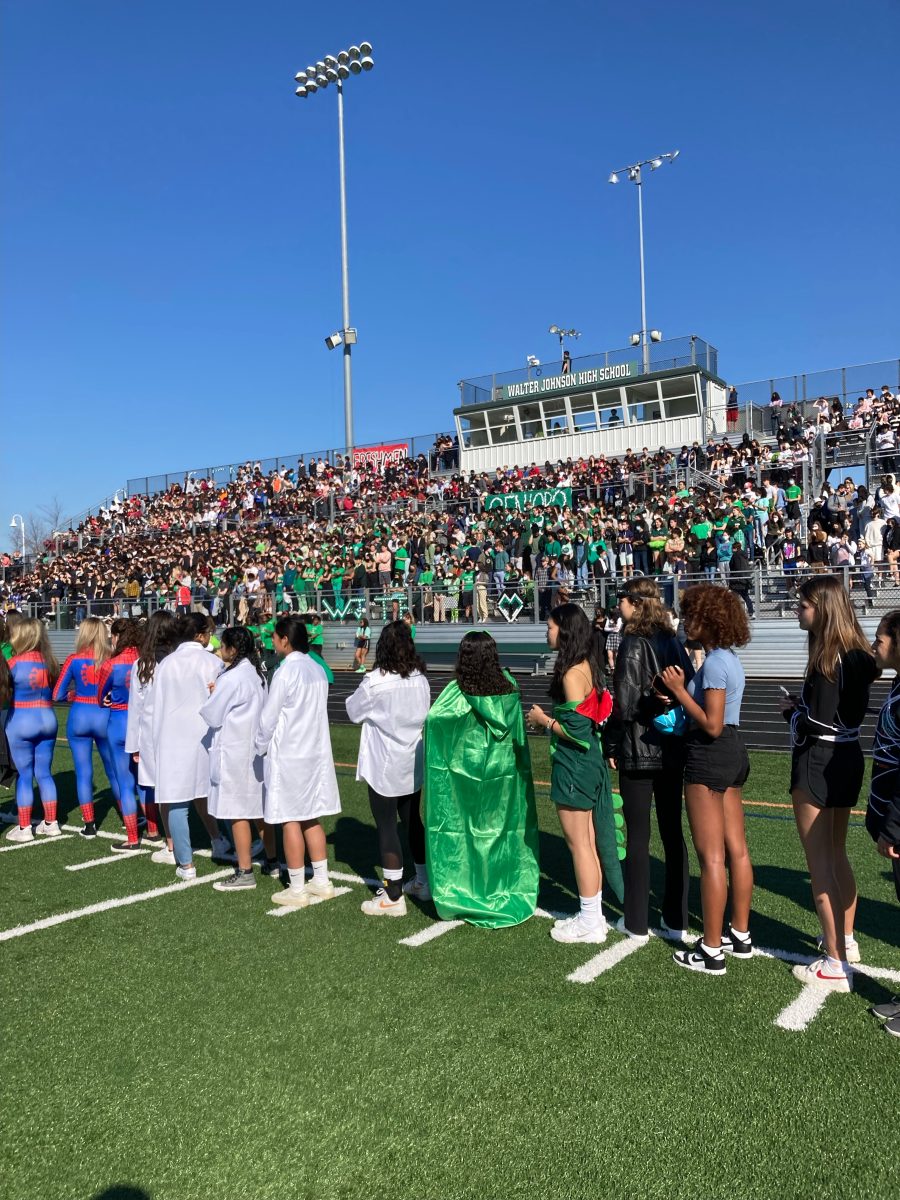Barbara Ferry is a the Director of Libraries & Information at the National Geographic Society.
1. What made you choose your job?
I have always admired National Geographic as a non-profit organization and a media outlet. I used to watch NatGeo programs and read the Magazine when I was a kid and it was a dream of mine to work here. I think it’s important to work for an organization you admire, to make the organization you work for something to be proud of.
2. How long have you been a librarian?
I have been a librarian for 22 years. Before working at National Geographic, I was a news research analyst at the Washington Post, and before that, I was a competitive intelligence researcher at Washington Information Group. I worked my way through college as a waitress and bartender.
3. When did you realize this was the career path you were going to take?
Although I volunteered in my school library in high school and loved being in libraries, I had not considered it as a career until I was in my mid-twenties. Being a Librarian didn’t seem exciting enough. At Cornell, I worked for the daily college newspaper and decided I wanted to become a journalist. I went directly to Columbia School of Journalism but realized I was more interested, and was better at, the research / interviewing aspect of journalism rather than the reporting/writing part. After graduate school, I was working as a researcher and met librarians who were very savvy at online research (this was before the Web – usually only librarians went online then – I’m sure I sound like a dinosaur saying that!). I recalled how much I loved working in libraries and asked advice from other research professionals, and came to the conclusion that working in a media library would best utilize all the skills I had developed, and so I pursued a Master’s Degree in Library Science, which is required for professional librarians.
4. What type of education did you receive?
Bachelor of Arts, History, Cornell University
Masters of Science, Journalism, Columbia University
Masters of Library Science, University of Maryland
5. Describe a typical day at work.
I work a typical 8:30a.m. to 5 p.m. work day, Monday through Friday. The Society’s offices are downtown on 16th Street. I normally review my emails before I go to work (about 6:30am) so that I am ready for the day and also in the evening, so I can keep up. As a manager, I must keep in close touch with my 16 staff as they handle the Library’s day-to-day operations, including: reference (answering research questions), acquisitions of new materials for the Library, indexing of National Geographic publications (for searching articles online), teaching (we teach many research classes), and the development of new products for National Geographic from the Society’s Archives. Some of my staff also write for National Geographic’s blogs. I attend lots of meetings other departments so that I know what Society staff are working on so that the Library can support their efforts.
6. What is your favorite part of the job?
Almost all of it, but especially that I learn something new about the world almost every day. I love working with the very talented people at National Geographic and on projects that support our films, website, or printed books and magazines. I also enjoy teaching and doing editorial and business research.
7. What is your least favorite part of the job?
I don’t like it when people ask me if I get to travel to exotic places (because I work for NatGeo) and I have to say “no”! Also, commuting downtown everyday can be stressful and I don’t like that. Some days I work from home, but I wouldn’t want to do that every day because I would lose touch with staff. I also don’t enjoy worrying about my departmental budget every year.
8. If you could go back in time, what would you have done differently?
Not much, except that I may have been less stressed if I realized earlier that every part of my work and educational journey were really preparing me for this position. I learned something from every job I’ve had – whether waitressing, babysitting, writing, or business research. And eventually I figured out that what came naturally to me – working in a Library – was the best place for me to have a career rather than chasing what seemed glamorous (e.g. being a journalist). I also would have exposed myself to computer technology earlier. I managed to avoid it through college. Since then, computers became an integral part of every job.
9. Is there anything else about your career that you would like to share?
Librarians’ jobs have evolved over the past several years. We still work in public and school libraries, but also in companies, museums, law firms, and government agencies. Librarians are hired by many companies to organize their information so it can be used to develop better products and to work on research teams or as trainers. Some librarians are entrepreneurs who sell their research, writing, teaching, or indexing skills as needed. Websites hire librarians to organize and index their content. Archivists, Image, Map, Film, and Records Librarians focus on specific kinds of collections. Medical librarians might work on a team with doctors and nurses. The latter kind of work requires a Bachelor’s degree in science or health. The library profession will continue to expand outside a specific place, like a library, and instead be associated with the skills librarians possess – organization of knowledge, research, etc.
If you want to be a librarian, you should like helping people, focusing on a problem (research, etc.) until you find the answer, and should like using computers for research or other tasks. To prepare, volunteer or work in a library and get a Bachelor’s degree in something that interests you. Then get a Master’s in Library Science (sometimes called Information Science).

